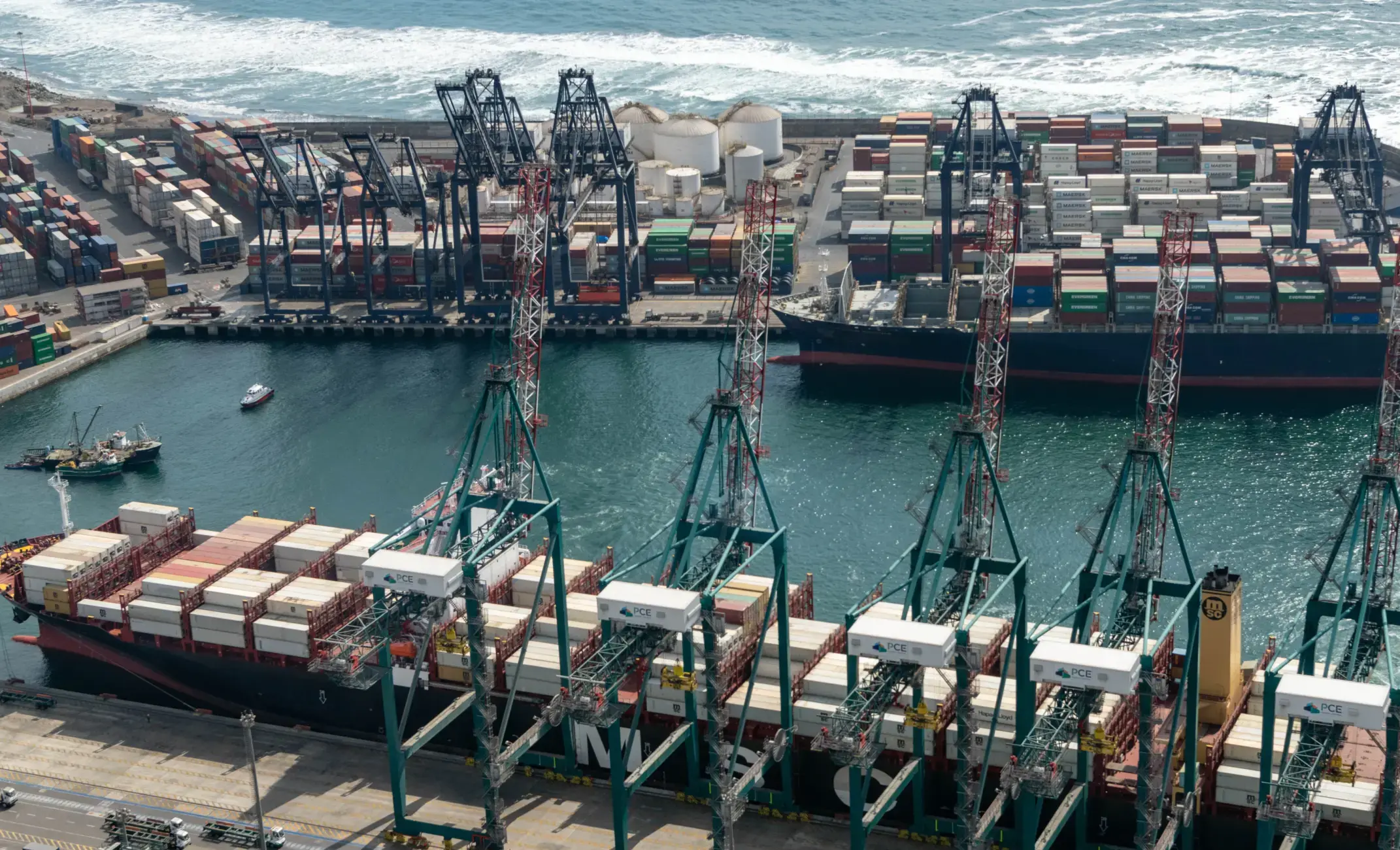
On May 3, the Free Trade Agreement between the Pacific Alliance (PA) and Singapore (PASFTA), an agreement approved by the National Congress at the end of January of this year, entered into force in our country.
A step towards trade integration
The Undersecretary for International Economic Relations, Claudia Sanhueza, highlighted the importance of Singapore as a complex market with a high level of technology transfer and innovation, and as a strategic commercial and logistical bridge between Latin America and Asia.
"We believe that this Agreement improves the positioning of the Alliance in the Asia Pacific, opening the door to strengthen trade and attract more foreign investment, diversifying our export baskets and generating productive linkages, promoting trade opportunities for MSMEs in our countries," he said.
Key points of the PA-Singapore Agreement
The PA-Singapore Agreement consists of a preamble and 25 chapters, the most important of which are:
Market Access: Elimination of customs duties, the chapter replicates the duty-free access for Chile-Singapore bilateral trade.
Rules of Origin: Incorporates the "extended cumulation of origin" between the PA and Singapore to strengthen integration and participation in value chains.
Trade Facilitation: Regulatory framework that promotes transparency and customs compliance.
Inclusive Trade: Specific chapters to promote the participation of women in the economy and the development of SMEs.
Transparency and Anticorruption: Promotion of the publication of laws and regulations, and the fight against corruption.
Economic and Commercial Cooperation: Promotion of collaboration between the private sector, academia and SMEs.
Strategic partner in Asia-Pacific
Singapore is the second largest economy in the Association of Southeast Asian Nations (ASEAN), with a GDP per capita of US$ 150,689 (PPP) and a real growth of 4.3% in 2024. Trade between the PA and Singapore has grown by an average of 9.7% annually between 2015 and 2024 and, in the case of Chile, trade with that market reached US$ 183 million in 2024, with an average annual increase of 3.9% in the last six years.
Check out the original article on the SUBREI website.





